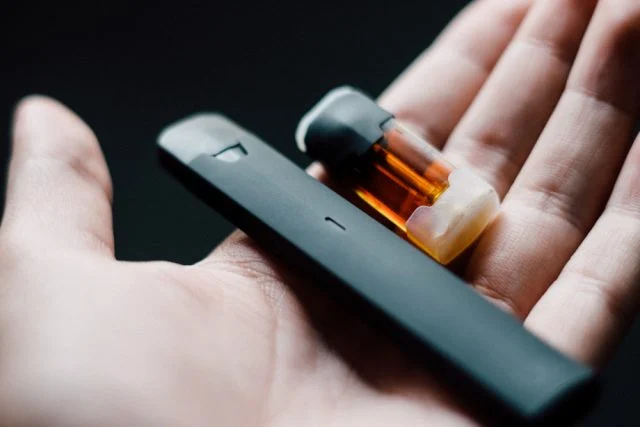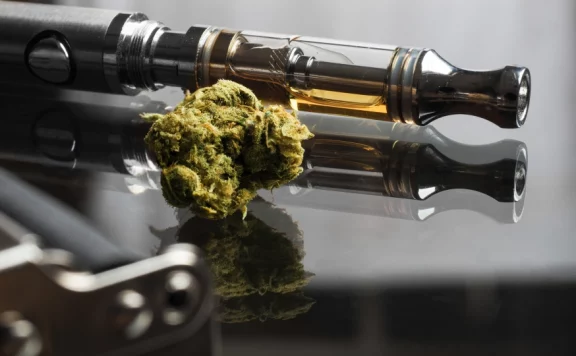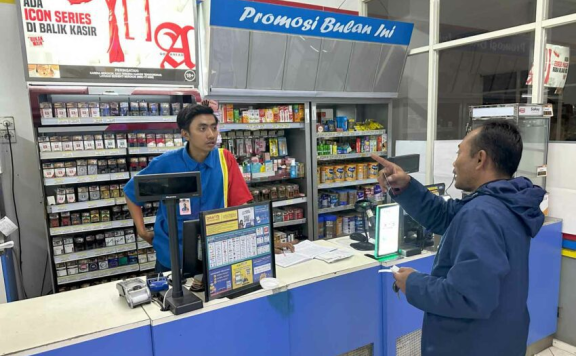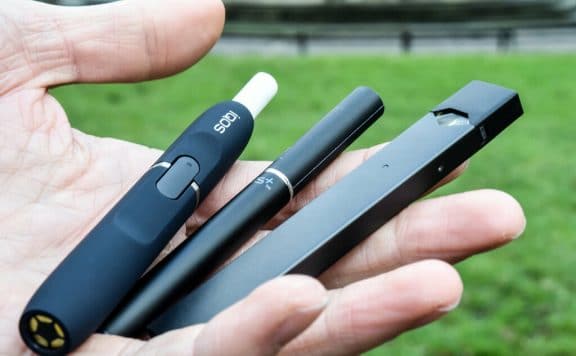British American Tobacco South Africa claims that to promote a level playing field and fair competition for all players, the proposed excise duty on vaping goods should be levied on all “actors” proportionately. However, it cautioned that prices of vaping products would increase because of the “vape tax”.
Dane Mouyis, who was addressing a standing committee on finance on behalf of the tobacco industry giant, said that based on its own figures, the South African market for nicotine products as a whole only account for less than 0.5% of electronic vaping products.
A disproportionate number of merchants are making their own vape liquid, though.
According to Mouyis, a lot of people “do it themselves”- import a few liters of nicotine liquid and then convert it into several vials of vape liquid, which is an excisable commodity.
The average tax rate for e-cigarettes is recommended at R2.91 per milliliter under National Treasury’s plan, with a 70:30 split between nicotine and non-nicotine components.
Mouyis claimed that while working with Oxford Economics, it was established that a rate of R1.45/ml should be the absolute highest limit of the charge to make sure that tax is collected from this trade.
According to the spokesman, a 70-cent duty is more reasonable given South Africa’s affordability.
Asanda Gcoyi of the Vapour Products Association of South Africa, which represents both manufacturers and sellers, issued a warning that the tax would boost consumer prices and might result in a 138% increase in the average price of vape products and a 36% decrease in e-liquid usage.
British American Tobacco emphasized that a harsh excise tax would drive customers to an illegal market, which would then expand. Gcoyi agreed with this statement.
The following modifications were suggested by the tobacco industry for the nation’s vaping products:
- To allow the South African Revenue Service (SARS) access to the market, a registration system must be implemented with the excise for manufacturers and retailers.
- Make it necessary to label products with their amount of nicotine. Vapes should be monitored in terms of milliliters of nicotine rather than the number of draws they offer now.
- As soon as possible, implement a track-and-trace system with a special identifying code for each individual product.
Gcoyi continued by saying that the tax proposal was problematic since its justification was incorrect.
She claimed that the National Treasury’s interpretation of the science behind the tax is incorrect because it implies that the vaping industry is trying to undermine international tobacco control efforts, even though numerous international studies have shown that vaping is a harm reduction strategy that differs from conventional smoking.
She continued by saying that the Treasury had given little information on how the duty would improve public health and that insufficient study had been done on young uptake. As a result, the excise’s intended purpose was left unclear.
According to Gcoyi, the adoption of the excise will have several unforeseen and irrational effects, one of which is that the proposed duty would render vaping quite pricey than smoking and foster an illicit market, in direct opposition to the harm reduction philosophy.
Since then, the Vapour Products Association has urged companies to reject the excise tax and urged the Treasury to look more into the effects of their plan before making a decision.





